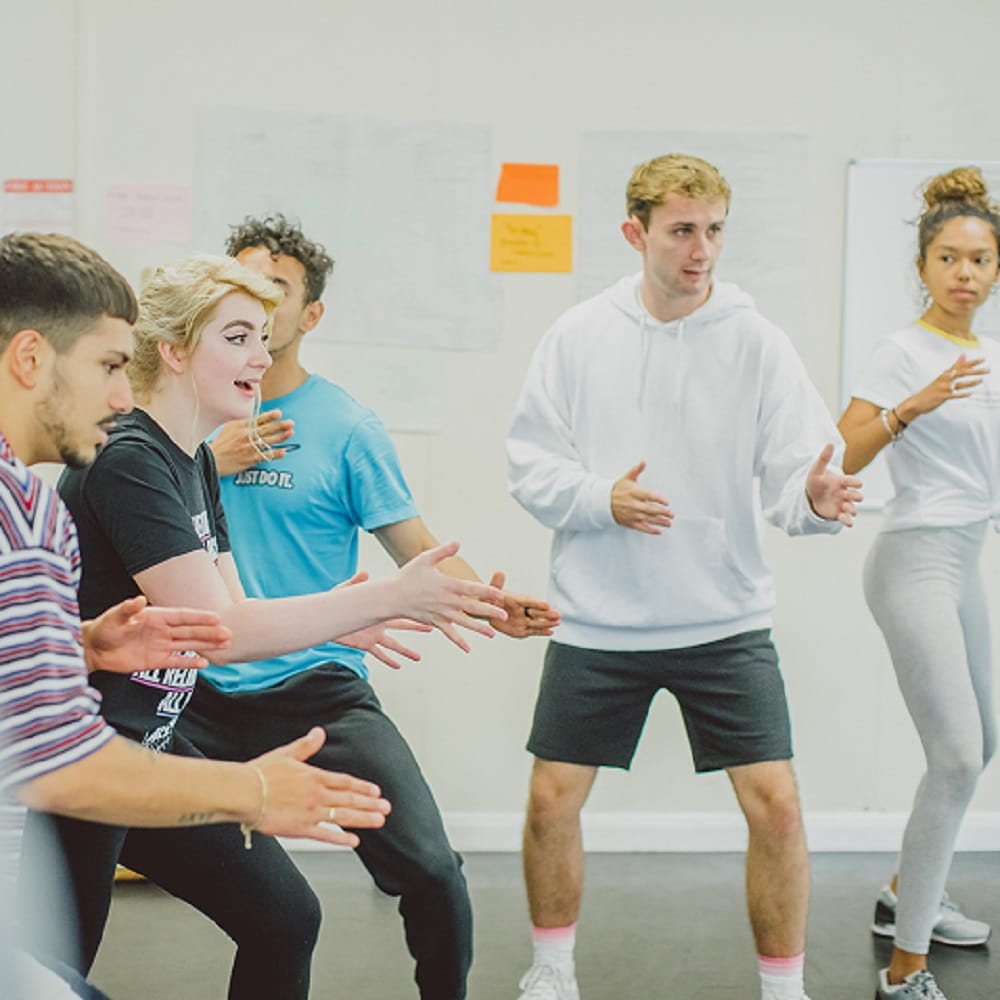Specialist facilities
As a highly competitive acting conservatoire we are well equipped to cater for a range of activities and practices. Our cutting-edge facilities, resources and support for research, offered across three campuses (Southend, Loughton, Colchester) are world class. We are well placed to facilitate practice-as-research by virtue of our high-specification performance and rehearsal spaces, design studios, and infrastructure.
PhD students will be based at Southend or Loughton depending on the location of their supervisor. However, all PhD students will be able to access the available facilities at both Loughton and Southend.
In Southend, East 15 PhD candidates have access to a designated University of Essex PhD room in the Gateway Building. In both Southend and Loughton, PhD students will have access to hot desks, computers, on-campus libraries and printing facilities.
In addition to this, PhD students will have access to:
- Performance studios to support practice as research.
- Access to book rehearsal spaces in the evening and weekends, when the spaces are not in use for undergraduate classes.
- PhD students will also be able to book spaces outside the usual undergraduate term dates, approximately 20 weeks a year.
In Loughton, facilities include over 20 rehearsal studios of various sizes and a radio and recording studio. In Southend, East 15 facilities include 16 large rehearsal studios, seminar rooms and an Apple Mac editing suite. Both campuses also have a working theatre and dance studio.
As well as the physical resources, PhD students will have the opportunity to create connections with the acting, technical, and producing students on each campus – inviting them to take part in research activities outside of their timetabled classes and rehearsals.









